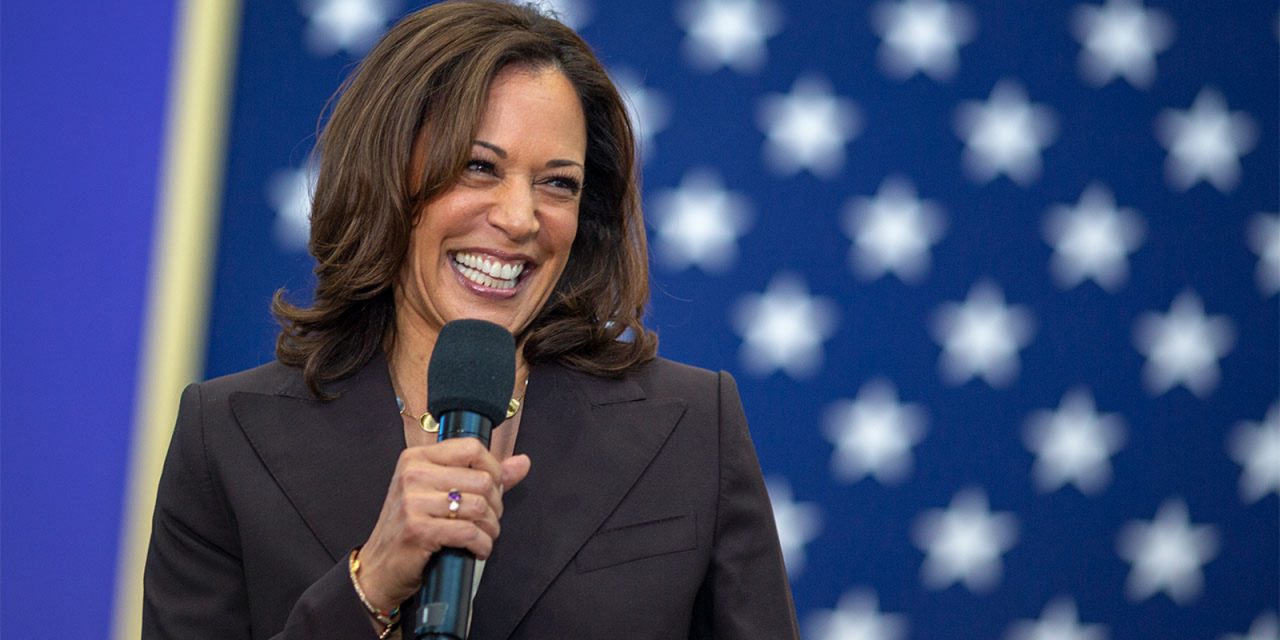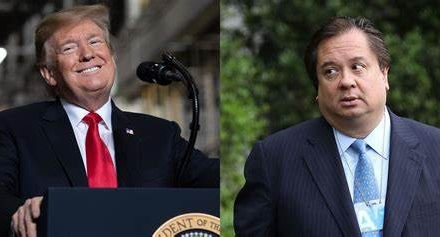Kamala Harris’s inauguration as the country’s next vice president is historic, with Harris becoming the first woman as well as the first Black and South Asian American to hold the position.
But while many hail her swearing in as a triumph for communities of color across the country, activists and experts emphasize they don’t want her ascension toward the top of American politics to be merely symbolic.
To be sure, in terms of the symbolism, Wednesday was momentous.
“She now is the most influential woman in American history, ever,” said Duchess Harris, who teaches modern African American history at Macalester College in Minnesota.
The professor described Inauguration Day as “a moment of tremendous joy” but also “trepidation,” underscoring the current state of the nation.
Harris’s swearing in as VP comes as the U.S. is deeply divided, with the last year alone featuring a pandemic that has killed more than 400,000 people in the country, a summer dominated by nationwide protests demanding racial justice and police reform, and a vicious election cycle culminating with rioters storming the U.S. Capitol.
“We have to acknowledge the fragility at this moment,” Harris, the professor, said. “This is a moment when Americans are compelled to hold two ideas in their head at the same time. One is that history has been made; the other is that there are people who are not pleased with the fact that history has been made.”
Activists note that running parallel to the racial and other issues that have gripped the country is the reality that Black Americans, especially Black women, played an integral role in electing Joe Biden and Kamala Harris.
In addition to Black voters overwhelmingly voting for the pair, Black voter turnout overall was up nationwide this election cycle. That paid particular dividends in hotly contested states like Georgia, which Democrats were able to turn blue for the first time in nearly three decades. The party also won both of the state’s Senate seats — which had not been done since 2002 — giving them control of the Senate and thereby Congress.
Advocates say they hope Harris and the new administration can deliver on some of the high expectations.
“It means a lot in terms of just the symbolism and the representation, and hopefully it also means something in terms of policy, that we’ve got somebody in the White House who comes from our experience,” Cliff Albright, co-founder of Black Voters Matter told The Hill.
“It can’t just be about the symbolism of the representation,” Albright continued. “It’s gotta be that there’s still a long way to go on many of these policies that affect everybody in the Black community.”
Beginning Wednesday, Democrats have complete control of both chambers of Congress and the White House for the first time since 2010, when President Obama was in office. But Democrats now will have to contend with holding just slim majorities in the House and Senate, complicating efforts to pass major legislation.
Albright said Democrats cannot afford to see precious time slip away.
“[Biden] needs to have an aggressive play, he needs to act like he’s got a two-year term,” Albright said. “If the folks that are the backbone of the party aren’t getting these benefits that we’ve been talking about … issues that they’ve already communicated are important issues to them … that’s not going to fly over well with some.”
Harris will be in somewhat of a unique position at the start of the new administration. As the tie-breaking vote in the Senate, she could prove pivotal in passing Biden’s ambitious legislative agenda.
Activists and civil rights groups hope that bills that never got to the Senate floor for a vote under GOP control, such as the John Lewis Voting Rights Advancement Act and the George Floyd Justice in Policing Act, make their way to Biden’s desk for a signature.
“I think what success looks like for her, is being able to undo some of the damage that was done to the Black community in the last four years,” Harris the professor said, pointing to the police reform bill that pays tribute to George Floyd, the Black man who was killed by Minneapolis police last May.
To his credit, Biden is expected to sign a slew of executive actions Wednesday that roll back many of the presidential mandates that were put in place by former President Trump.
Guidance from the Biden camp Tuesday night said that, among other actions, Biden would “rescind the Trump Administration’s 1776 Commission,” and “revoke President Trump’s damaging executive order limiting the ability of federal government agencies, contractors and even some grantees from implementing important and needed diversity and inclusion training.”
The president has also quickly moved to implement parts of his plan to combat the coronavirus, which has a disproportionate impact on communities of color.
The Hill





